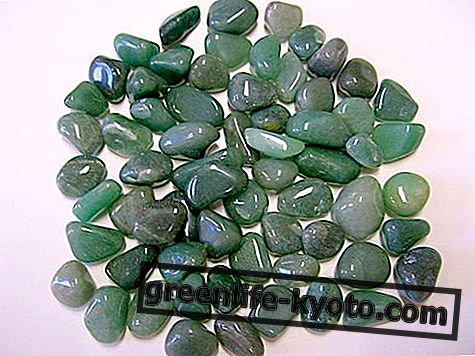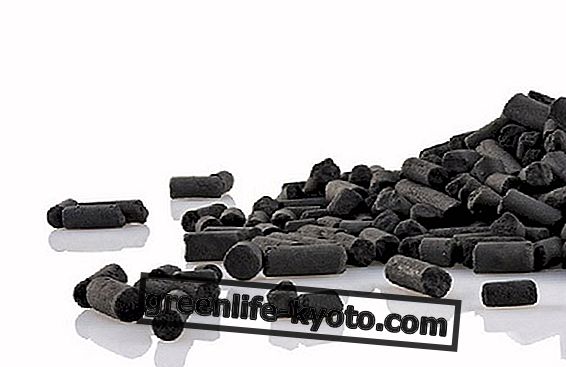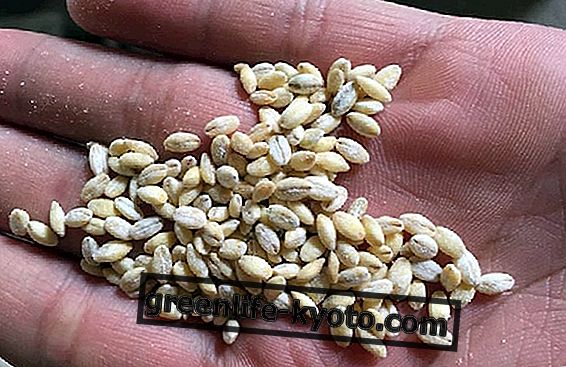
Dyspepsia is a syndrome caused by several factors that causes heartburn, a feeling of fullness and difficulty in digesting . There are several and bitter rbe effective in countering the symptoms related to poor digestion : let's see which ones.
Bad digestion: symptoms, causes and natural remedies
Dyspepsia or indigestion is a condition associated with digestive difficulties, characterized by slowing down of gastric emptying, a sense of "heaviness in the stomach", burning, regurgitation, nausea and vomiting.
There is no single cause that leads to poor digestion : for the majority of people who suffer from it, dyspepsia is functional, that is due for example to an alteration of gastric or biliary secretion.
Dyspepsia can also be a consequence of taking drugs or being a symptom of a disease such as gastritis, gastric ulcer or gallstones; taking certain foods or beverages, such as tea, coffee, alcohol, cold cuts and fried foods can promote the onset of symptoms, as well as cigarette smoking and Helicobacter pylori infections.
Among the natural remedies indicated for the treatment of dyspepsia we find bitter drugs, which are divided into pure and aromatic bitter drugs.
The bitter drugs also contain mainly bitter principles while the aromatic ones also contain essential oils : they stimulate the receptors of taste and smell, the salivary, gastric and biliary secretions, as well as having an antibacterial action on the intestinal flora.
Among the bitter drugs we also find gentian and minor centaurea, while among the aromatic ones we remember the bitter orange and the absinthe.
Bitter herbs against poor digestion
Gentian ( Gentiana lutea ) is a perennial herb that grows wild in the mountain areas of central and southern Europe. The use of gentian to stimulate the appetite and promote digestion is widespread and the drug is represented by the root.
Gentian root contains bitter principles chemically classified as iridoids, which stimulate salivary and gastric secretions, thus increasing digestive enzymes .
Gentian is used in the form of tincture and fluid extract and, as it stimulates acid secretions of the stomach, is contraindicated in cases of gastric and duodenal ulcers .
The centaurea minor ( Centaurium erythraea ) contains, like the gentian, bitter principles that favor secretions, appetite and digestion. It is taken in the form of herbal tea, which can be purchased in herbal medicine.
The bitter orange drug is instead given by the skin of the Citrus aurantium fruit, which contains essential oil, in addition to the bitter principles; 4-6 grams of bitter orange a day in the form of herbal tea are indicated to stimulate the appetite, increase gastric secretions and for a slight spasmolytic effect on the gastro intestinal tract.
Finally, the wormwood ( Artemisia absinthium ), bitter and aromatic perennial herbaceous, whose drug is given by flowering tops and leaves : the absinthe efficacy against digestive disorders is given by the absintin, which gives it a bitter taste, and essential oil.
Absinthe is administered in the form of herbal tea or tincture in case of poor appetite and poor digestion; 2-3 grams of drug are used daily also in combination with other bitter or aromatic drugs.













